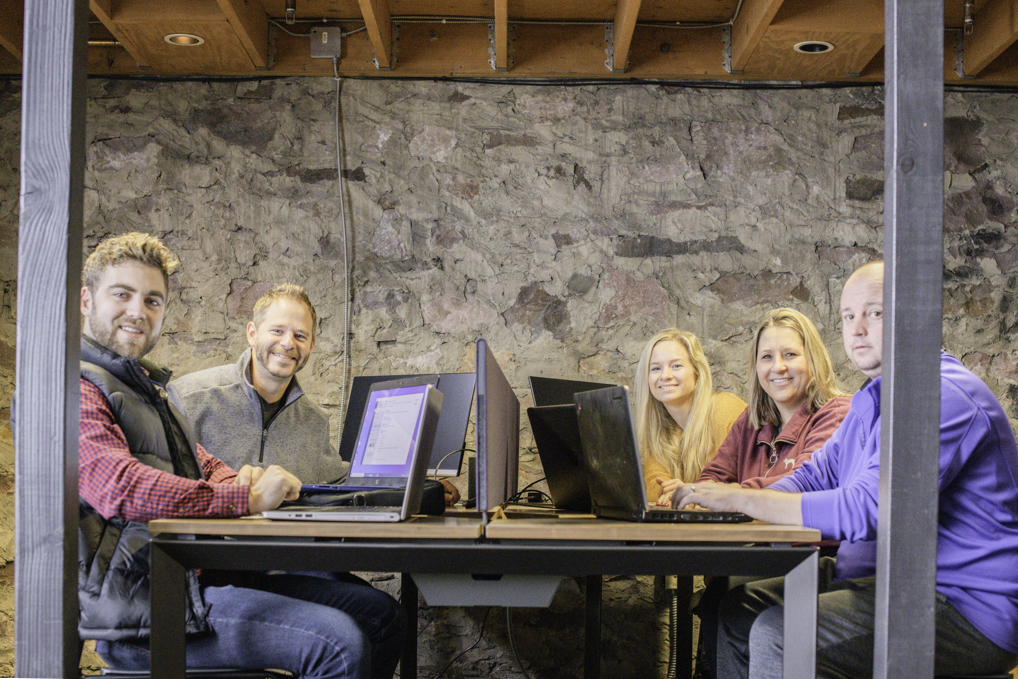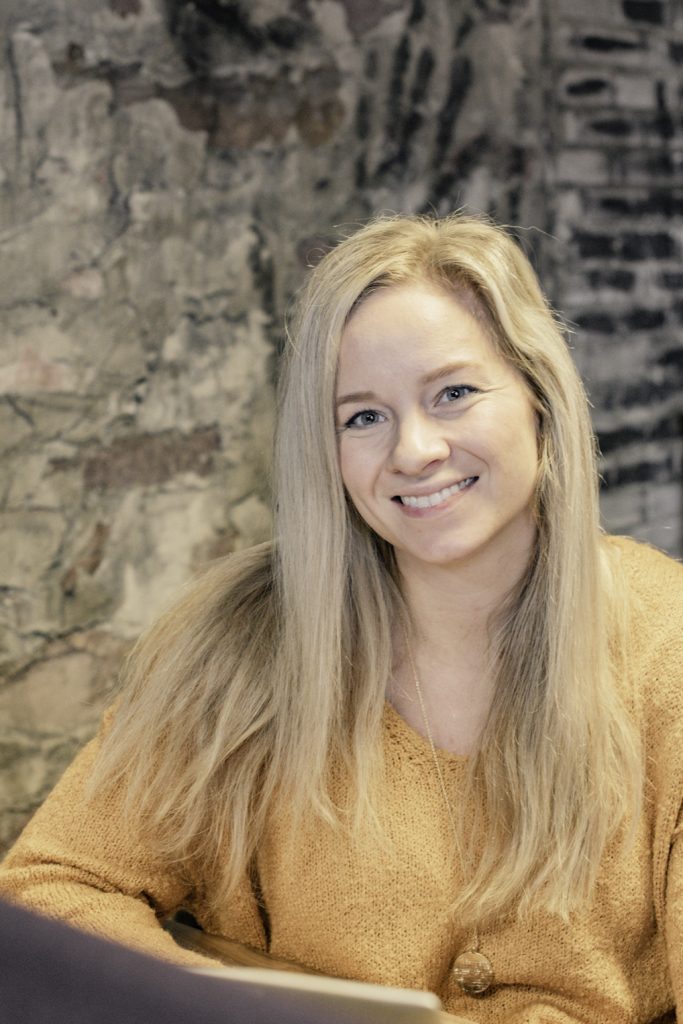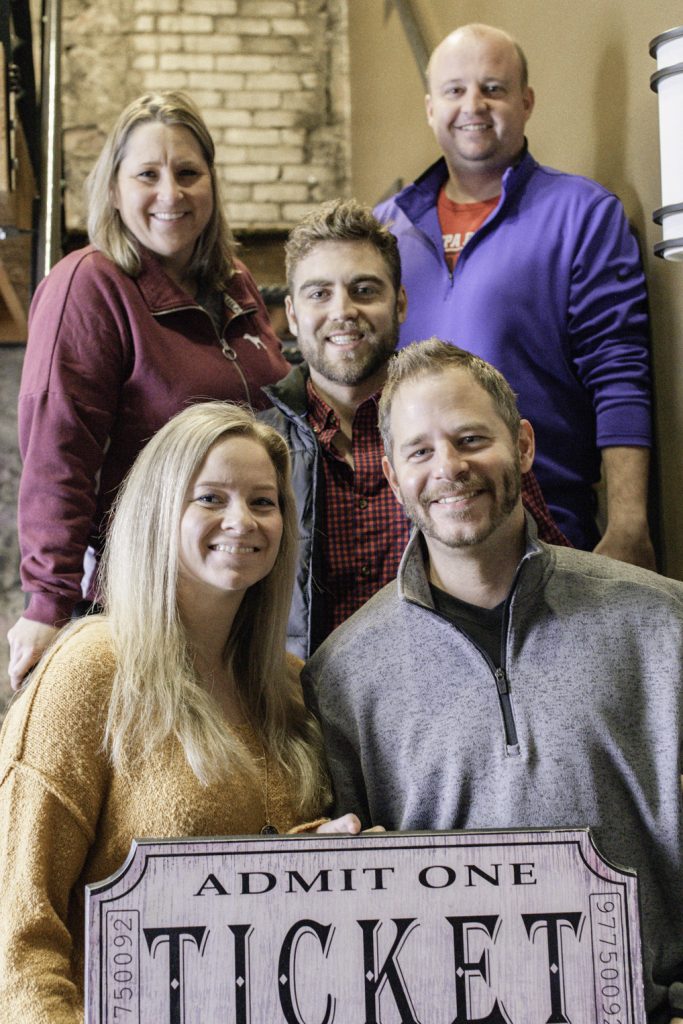Brain Opp began that 2010s as a broke student studying journalism by technicality and ticket markets by devotion – he’s begun this decade as the co-head of a multi-million-dollar site based in Sioux Falls, specializing in procuring a good time for its patrons.

Like a Cadillac salesman with a Honda in the driveway, Brian made money advising strangers on ticket investments during the days he couldn’t afford a concert ticket. But in 10 years, Brian has transformed his resale expertise from posts on an archaic internet forum to a highly successful ticket purchasing site: Prairie Tickets.
Self-coined “The Upper Midwest’s Ticket Marketplace,” Prairie Tickets’ last year earned $6.3 million in revenue and a spot on the Inc. 5000 list, a ranking of the country’s fastest-growing private companies, making it one of only 13 South Dakota companies to do so.
“It’s a lot like the stock market, except your stocks are Mötley Crüe and Hozier and the Chicago Bears,” said Brian, an Aberdeen native. “It’s not Procter & Gamble. It’s Bassnectar.”

Brian began his resale venture on a site called eventexperts.net—a page now lost to the archives of a younger internet. Users paid $20 a month for “expert” advice on tickets: which were in highest demand, which were overpriced or under-priced, and most importantly, which could turn a profit on a second sale.
How Prairie Tickets Turns a Profit
What’s the difference between Prairie Tickets and StubHub? “Nothing,” said Brian. “It’s the same snowglobe of tickets.” In fact, that Opps use StubHub’s API data to view past and projected ticket sales.
ORGANICALLY
Users purchase tickets directly through the site and pay a service fee.
CONSIGNEMENT
Users seem tickets on the website. They name their price, and if sold, Prairie Tickets takes a slice of the final sale.
BULK BUYS
If a team or band or organization wants to sell a cluster of tickets, they can do so for cheaper on Prairie Tickets rather than their own site. Once sold, Prairie Tickets sends the bundle to a dropship service in Columbia, Md., which ships them out individually.
Each month, the site’s users voted on the top three experts, who received reimbursement for their efforts. Soon, Brian, a student at the University of South Dakota with limited cash and an “obsession” with the ticket industry, brought in $1,200 a month without buying a ticket.

“If I could go back and replay it, I never would have done it this way. I would’ve bought from the beginning,” said Brian. “But it ended up working to my advantage— this poor college kid can’t eat and all this other stuff. That’s the fun story.”
The story continued after Brian graduated in 2010 and two years later married his wife, Courtney, who decided to help Brian with a soon-to-be business. In 2013, Prairie Tickets became a full-scale marketplace and has sold over $5 million in tickets.

“Courtney is just as important in the business as I am,” said Brian. “She’s my boss, in fact.”
“I was making all this money telling people what tickets to buy, but I couldn’t even buy any on my own. I had no money.”
The Opps could operate the enterprise anywhere, but their subtle presence in Sioux Falls has benefited the locale. In 2012, following the completion of the Denny Sanford Premier Center, Brian approached a city council undereducated in ticket resale and urged them to adopt laws used in Minneapolis and Omaha. They obliged—and now you won’t be hassled by scalpers within 200 feet of the arena.

Headquartered on Phillips Avenue in downtown Sioux Falls, three others assist the Opps with day-to-day tasks: responding to queries, checking marketplaces, repricing tickets, listening to Brian’s “dad jokes” (speaking of, Brian says 17-month-old Addyson Opp is not yet employed by the company).
“It’s a fun industry to be in. I love sports. I love music. But maybe above everything else I saw an opportunity.”
Before 2016, ticket marketplaces could use automated systems to purchase tickets the millisecond they went live. Equipped by man and mouse, Prairie Tickets kept afloat, but struggled to match the speed and spread of electronic bots. When President Obama signed the Better Online Ticket Sales (BOTS) Act into law in 2016, the Opps’ ethics produced prosperity.
“All these guys that were using bots for a long period of time were like, ‘I don’t even know how to buy tickets without a bot.’ They were clueless,” said Brian. “When your competition was robots and now it’s every man for himself, it was a game changer. We were set up and ready to go because we never needed the damn things.”

That’s where Brian believes the strength of his and Courtney’s business lies—the people. What started as a side hustle brought him a group he never wants to stray from.
“I get a great sense of pride by having a great staff. By having a team and working with my wife,” said Brian. “It’s sappy or whatever, but I really do enjoy that. I don’t want to have another job for the rest of my life.”
For more information, visit prairietickets.com.















